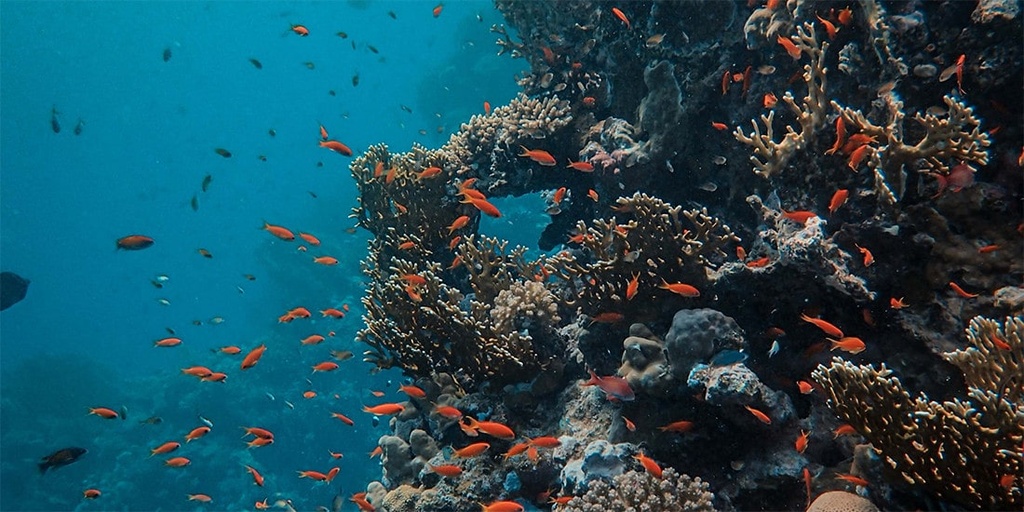Adopt coral fragments
- Earth Points
- 5
- Ease
- Easy

Photo by Francesco Ungaro on Unsplash
Description
Coral reefs are beautiful undersea cities with intricate formations and wondrous sea creatures. Beyond their stunning look, they play an essential role in water filtration, shoreline storm protection, food sources, and creating livelihoods for the humans that live nearby.
Sadly, coral reefs could be gone in 30 years because of burning oil, natural gas, and coal, which is causing the planet and oceans to overheat.
Phasing out pollution is necessary to protect these helpful wonders. Still, if you are looking to do more, there are several organizations where you can adopt coral fragments to help restore dying reefs. By adopting coral fragments, scientists and coral gardeners can grow and plant the coral in reefs to help make them stronger and healthier. It can help slow the damage and give the reefs a better chance of survival.
Tips
• Find a trusted source to adopt your coral fragments. You can browse the options if you search online.
• Look for a non-profit approach that seems to be effectively using your money. Ones that send you a lot of physical wasteful stuff probably are not the best option. On the other hand, regular scientific progress reports sent straight to your inbox or other metrics that show they are serious about helping coral reefs are cool options.
• Consider this for a unique and fun gift option with a positive impact.

